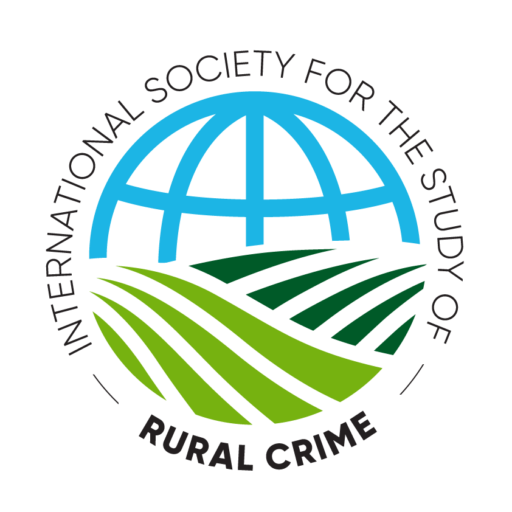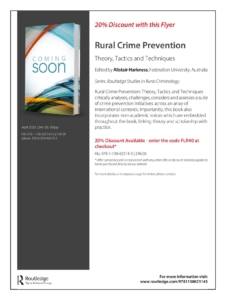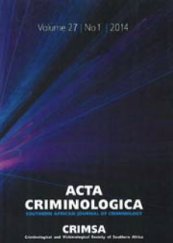New South Wales Farm Crime Survey 2020
Are you a farmer in New South Wales, Australia? Have your say to help fight rural crime!
Crimes that impact on pastoral, agricultural and aquacultural operations cost Australia millions of dollars each year and can have devastating financial, mental and physical impacts on our rural landowners and communities.
Farm crime offences most commonly reported include the theft of livestock, produce, tools, machinery and equipment, vehicles, fuel and other farm inputs, and incidences of vandalism, arson, trespassing, illegal hunting, and sabotage.
However, we still need more evidence and research to better understand the extent of the problem of rural crime, its impacts on landowners and primary producers, and the most effective and achievable solutions.
To help fill this information gap, The UNE Centre for Rural Criminology is conducting the NSW Farm Crime Survey 2020.
If you are involved in farming in New South Wales, your insights will help us better understand the scope of the problem and plan effective measures that can be taken by the government, law enforcement agencies and farmers to reduce the incidence of farm crime across NSW.
The survey can be taken anonymously and will ask for your experiences and perceptions of farm crime, your attitudes towards the policing of and criminal justice responses to farm crime, and your awareness and implementation of crime prevention measures.
Click here to complete the NSW Farm Crime Survey 2020.
If you have any questions about the survey, please contact Dr Kyle Mulrooney, Co-Director of the UNE Centre for Rural Criminology by email or call (02) 6773 1940.

 Myths about peaceful, crime-free areas beyond the cityscape persist, but in fact rural crime is multi-faceted, raising new policy predicaments about policing and security governance. With approximately 46 percent of the global population living in rural areas, a focus on rural crime in these diverse communities is critical.
Myths about peaceful, crime-free areas beyond the cityscape persist, but in fact rural crime is multi-faceted, raising new policy predicaments about policing and security governance. With approximately 46 percent of the global population living in rural areas, a focus on rural crime in these diverse communities is critical.
 Based in the
Based in the 